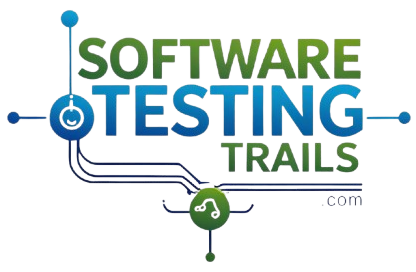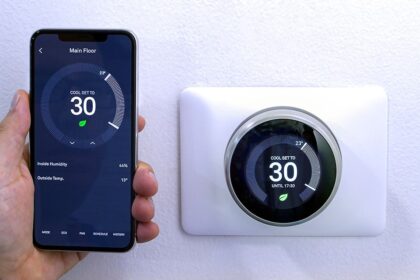Confused about starting your testing career? Discover whether to learn manual testing or automation testing first. SEO keywords: manual testing vs automation testing, learn manual testing, automation testing tools, software testing career, testing for beginners.
Introduction to Software Testing
Software testing ensures apps and websites work smoothly before they reach users. But as a beginner, you might wonder: “Should I start with manual testing or jump straight into automation?” Let’s break it down in simple terms!
What is Manual Testing?
Manual testing involves checking software manually (without scripts or tools) to find bugs or usability issues. Think of it like test-driving a car yourself.
Pros of Manual Testing
- No coding required: Great for beginners.
- Flexible: Perfect for exploratory testing (e.g., testing user flows randomly).
- Cost-effective: No tools or licenses needed.
Cons of Manual Testing
- Time-consuming: Repetitive tasks take longer.
- Human error: Missed bugs due to fatigue.
SEO Keywords: manual testing basics, manual testing for beginners, exploratory testing.
What is Automation Testing?
Automation testing uses scripts and tools (like Selenium or Cypress) to run tests automatically. Imagine setting a robot to test your app 24/7!
Pros of Automation Testing
- Faster execution: Runs 100s of tests in minutes.
- Reusable scripts: Write once, use forever.
- Accuracy: Reduces human errors.
Cons of Automation Testing
- Coding skills needed: Requires learning programming (Java, Python).
- Higher upfront cost: Tools/licenses can be expensive.
SEO Keywords: automation testing tools, learn automation testing, Selenium tutorial.
Manual vs Automation Testing: Key Differences
| Factor | Manual Testing | Automation Testing |
|---|---|---|
| Skill Level | Beginner-friendly | Requires coding knowledge |
| Speed | Slow for large projects | Fast and scalable |
| Cost | Low initial cost | High initial investment |
| Use Case | Exploratory testing | Regression testing, load testing |
Which Should You Learn First?
Start with Manual Testing If…
- You’re new to software testing.
- You want to understand core testing concepts (test cases, bug reporting).
- You’re not comfortable with coding yet.
Skip to Automation Testing If…
- You already know programming basics.
- Your goal is to work on large-scale projects (e.g., banking apps).
- You want to boost your salary (automation testers earn 20-30% more!).
However, most experts recommend starting with manual testing to build a strong foundation. Automation tools can’t replace human intuition for spotting real-user issues!
SEO Keywords: software testing career, testing for beginners, manual testing vs automation testing.
How to Get Started
For Manual Testing:
- Learn testing fundamentals (test cases, bug tracking).
- Practice testing real apps (e.g., e-commerce sites).
- Understand the Software Development Life Cycle (SDLC).
For Automation Testing:
- Pick a tool (Selenium is popular for web testing).
- Learn basics of programming (Java/Python).
- Start automating simple tasks (e.g., login flows).
Final Verdict
Manual testing is like learning to walk before you run. It teaches you how to think like a tester, spot edge cases, and write test scenarios. Once you’re comfortable, automation testing becomes easier to master and adds high-value skills to your resume.
Pro Tip: Many companies look for hybrid roles (manual + automation skills). Start with manual, then gradually learn tools like Selenium or Postman!
URL Slug: /manual-testing-vs-automation-testing
Meta Description: “Confused about manual vs automation testing? Learn why starting with manual testing builds a strong foundation for beginners, and when to switch to automation tools.”











